NHS Greater Glasgow and Clydepublished at 11:50 BST 13 September 2018
Labour MSP Neil Bibby asks about the last meeting with NHS Greater Glasgow and Clyde.
The tourism committee takes evidence on the Transient Visitor Levy, more commonly known as the tourist tax from council leaders.
We bring you extensive coverage and analysis of first minister's questions
An SNP MSP hosts a debate on the film 'Nae Pasaran!'
MSPs celebrate Scotland's food and drink
Louise Wilson and Craig Hutchison
Labour MSP Neil Bibby asks about the last meeting with NHS Greater Glasgow and Clyde.
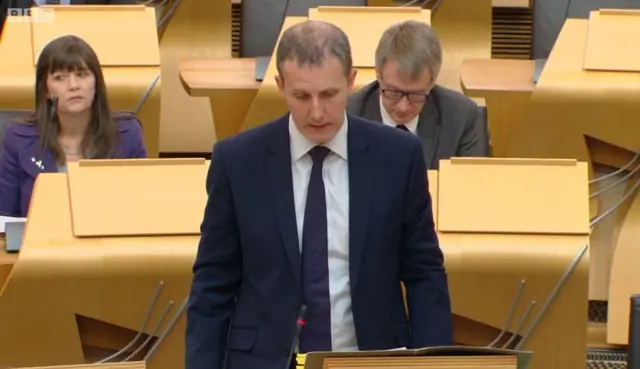
Transport Secretary Michael Matheson
Transport Secretary Michael Matheson replies this is a matter for the council to progress.
SNP MSP Richard Lyle asks what can be done to force Network Rail to attend meetings about the issue.
Mr Matheson says the government works closely with Network Rail, but it is a UK body and he would expect Network Rail to engage with the community.
SNP MSP Richard Lyle asks about discussions with Network Rail to ensure that it responds to residents' complaints regarding rodents on the track at Carfin, Motherwell.
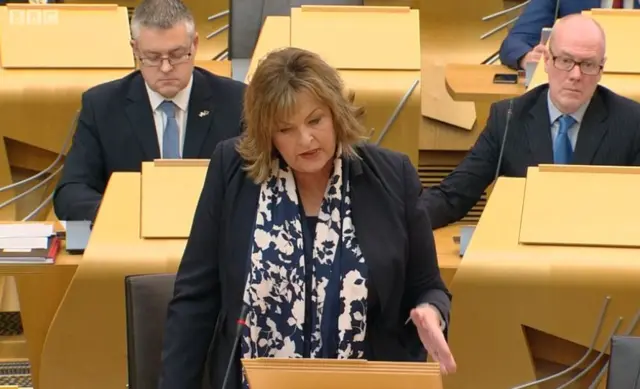
External Affairs Secretary Fiona Hyslop
External Affairs Secretary Fiona Hyslop says repatriation is a reserved area, but when completed there are support groups here in Scotland.
SNP MSP Bob Doris points to the financial cost of registering the death at home of a death overseas.
The cost is £200, Mr Doris states and he calls for the scrapping of the fee.
Ms Hyslop says she is happy to instruct her officials to look into the issue.
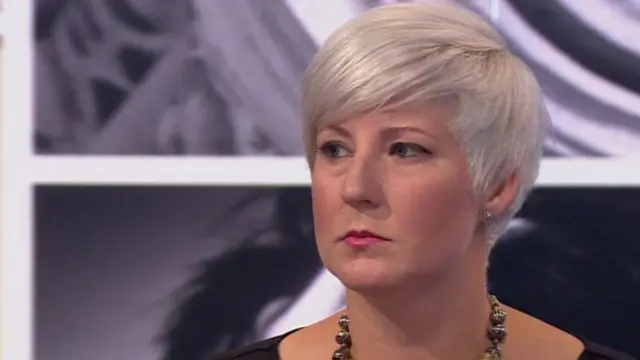
Hannah Bardell said "absolutely vital" services for families were missing
Families whose loved ones die while on holiday abroad are being failed by the Foreign Office, the head of a group of MPs has said.
SNP MP Hannah Bardell, chairwoman of a cross-party group on deaths abroad, said some families had been left to crowdfund to pay for their son or daughter's body to be repatriated.
One woman said it took three months to get full details of her son's death.
The Foreign Office said its staff "work hard to assist British people".
SNP MSP Bob Doris queries the support available when a family member dies abroad.
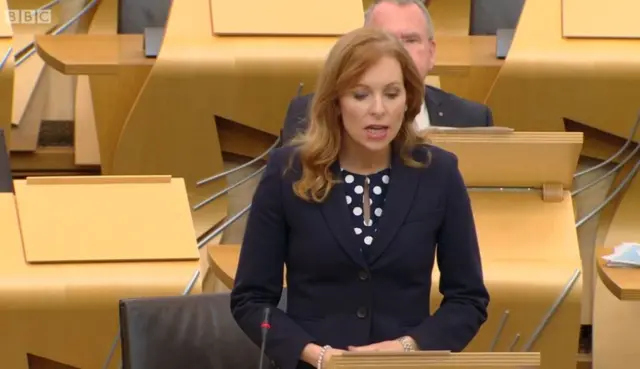
Community Safety Minister Ash Denham
Community Safety Minister Ash Denham says she has met with key stakeholders on this issue and is due to meet with the Scottish Law Society this afternoon.
Ms Dehnham insists the government response to the report will be published in the autumn.
She explains the issue of first year trainees in legal aid is not a matter for the government.
The community safety minister argues legal aid in Scotland covers more important areas than in England, where legal aid has been cut.
She agrees with Labour MSP Daniel Johnson that legal aid is demand led.
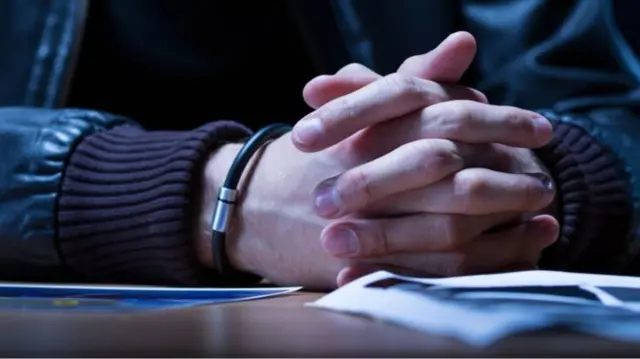 Image source, Getty Images
Image source, Getty ImagesAn independent review of legal aid has set out a ten year vision on how to improve the system in Scotland.
The document makes 67 recommendations on making legal aid simpler, user focused and more flexible.
The review was published in February 2018 and the Scottish government is expected to publish a response in due course.
Tory MSP Gordon Lindhurst seeks a response to the independent review, 'Rethinking Legal Aid'.
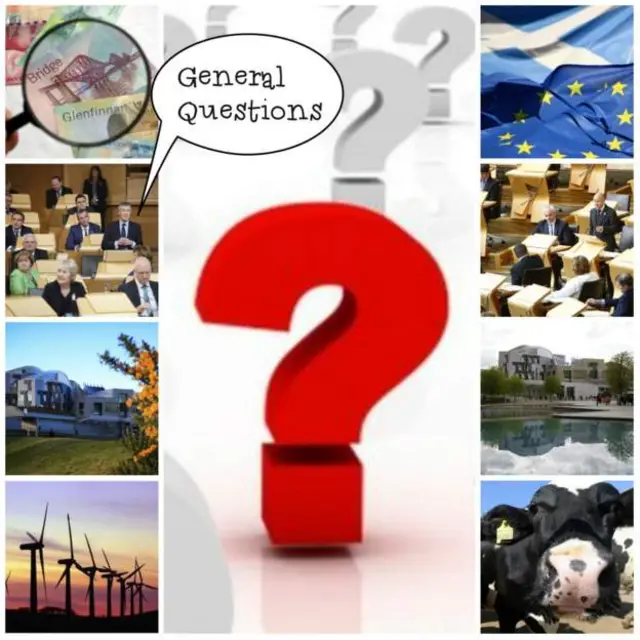 Image source, Getty Images/Thinkstock
Image source, Getty Images/ThinkstockAfter general questions, we will bring you extensive coverage of first minister's questions, with analysis and social media reaction as it happens.
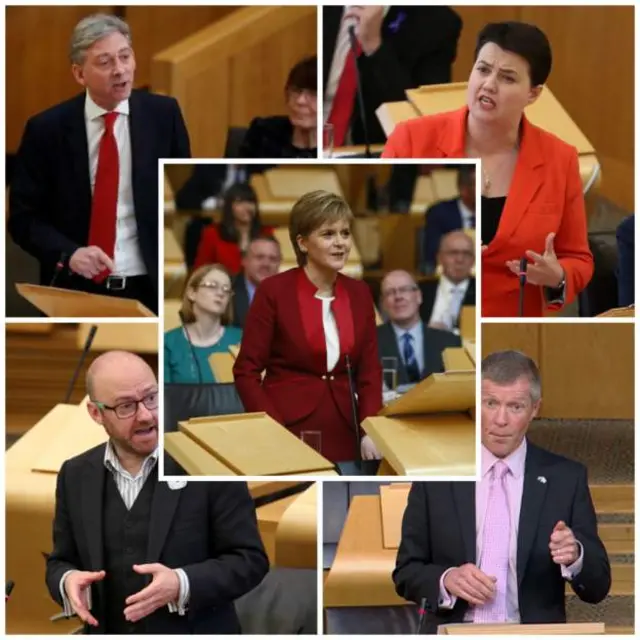 Image source, BBC/PA
Image source, BBC/PAAfter that, Labour MSP Linda Fabiana hosts a member's debate titled 'East Kilbride Workers said "Nae Pasaran!"'.
Dominating the rest of the afternoon is a government-led debate on the success of Scotland's food and drink.
Allow X content?
This article contains content provided by X. We ask for your permission before anything is loaded, as they may be using cookies and other technologies. You may want to read X’s cookie policy, external and privacy policy, external before accepting. To view this content choose ‘accept and continue’.
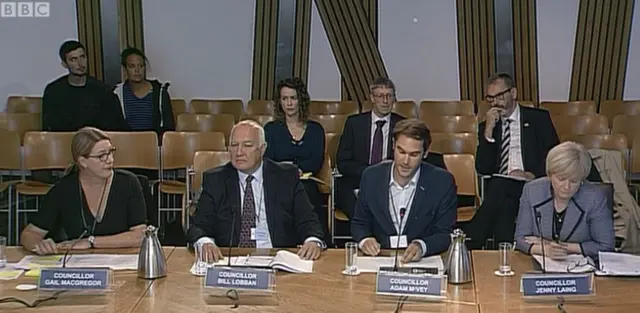 Image source, bbc
Image source, bbcTory MSP Jamie Greene argues the STA say they have not been listened to and three quarters of businesses, according to the FSB, are against the tourism tax.
Mr Green points out Tourism Secretary Fiona Hyslop accepts there is a need for more infrastructure but warns against hammering tourists so it seems the government itself is not supportive.
He asks if the councillors feel they are "fighting a losing battle?".
Councillor Gail Macgregor of Cosla is adamant: "No, absolutely not."
Councillor Adam McVey from City of Edinburgh Council: "Listen to the plethora of voices in business who are supportive."
The evidence session draws to a close.
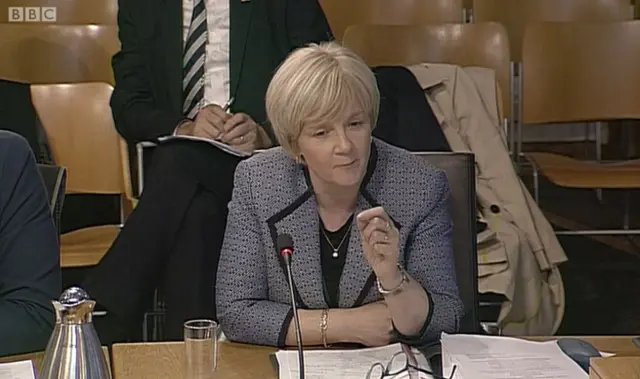
Cllr Jenny Laing of Aberdeen City Council
Cllr Jenny Laing of Aberdeen City Council insists this is a consumer tax, not a business tax.
We are on the ground and we know where priorities are for investment, she states.
Committee convener Joan McAlpine suggests there is a lack of confidence about the money going where it is needed, pointing to the debate around ring-fencing.
Cllr Laing says councils are accountable to the local community and won't be councillors for very long if they are not delivering.
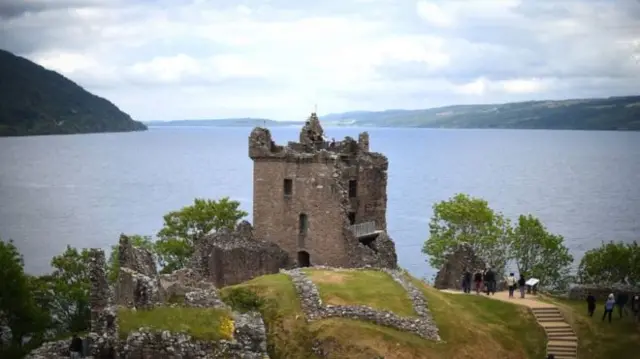 Image source, Getty Images
Image source, Getty ImagesVisitor numbers to Scotland were up by 17% during last year while spending rose by almost a quarter, according to the Office for National Statistics.
The weakened pound since the Brexit vote in 2016 helped boost numbers, particularly for holidays.
Overseas vacationers in Scotland increased by 27%, and their spending rose nearly a fifth.
Business travel also rose, with spending by those from other parts of the European Union more than doubling.
Allow X content?
This article contains content provided by X. We ask for your permission before anything is loaded, as they may be using cookies and other technologies. You may want to read X’s cookie policy, external and privacy policy, external before accepting. To view this content choose ‘accept and continue’.
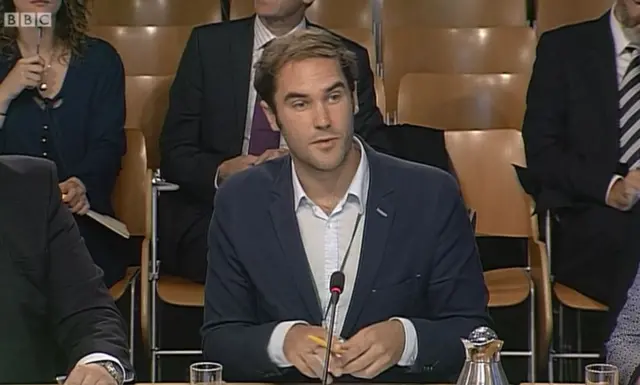 Image source, bbc
Image source, bbcCllr McVey
Councillor Bill Lobban from Highland Council argues: "We cannot progress unless we consult."
One of the hotel groups in Highland already charges a bed tax which he donates to his own charity, explains Cllr Lobban.
Councillor Gail Macgregor of Cosla insists consultations have taken place.
Cllr McVey points out the rate of the tourism tax is crucial and the must be a business-led process to identify the price elasticity on this.
He insists Edinburgh's proposal is for a low rate and capped at 7 days.
Cllr Macgregor points out that when you take into account Rome's tourism tax and add it to VAT, the resulting figure is far higher than in the UK.
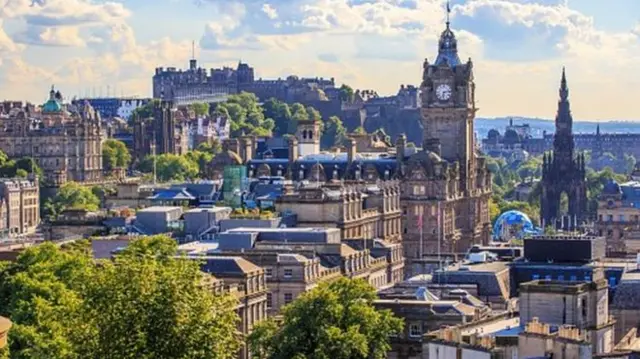 Image source, Getty Images
Image source, Getty ImagesEdinburgh councillors have hit the headlines by reviving plans to introduce a tourism tax for the city.
The local authority is drawing up proposals which could involve tourists paying a "transient visitor levy", otherwise known as an occupancy or bed tax, for hotel stays.
It argues a levy is needed to help the city cater for growing visitor numbers.
Edinburgh is not alone in pushing the idea, which has been raised elsewhere in the UK including Hull and London.
But it has already taken hold in much of the European Union.
About two-thirds of member states currently impose occupancy taxes on visitors - the exceptions being Cyprus, Denmark, Estonia, Finland, Ireland, Latvia, Luxemburg, Sweden and the UK.
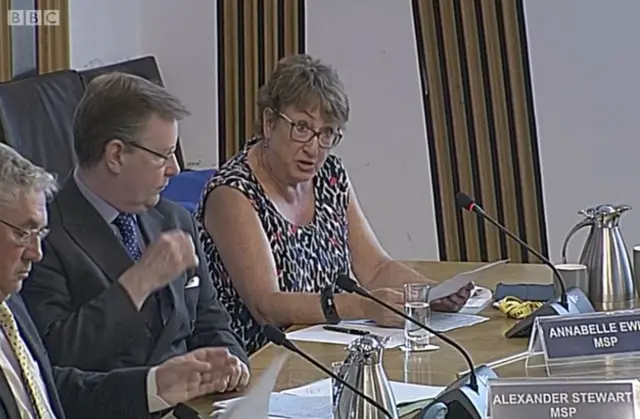
SNP MSP Annabelle Ewing
SNP MSP Annabelle Ewing quotes a letter from the Scottish Tourism Alliance, which suggests local authorities have failed to construct meaningfully with the sector on the proposals.
Cllr Adam McVey says he does not recognise this, highlighting the STA has been included in discussions in Edinburgh.
"Our door has been absolutely open."
He adds this has been an informal process to shape initial proposals while the next phase will include much wider consultation.
Mr Greer pivots to the Airbnb model and asks how they can be targeted as much as people staying in hotels.
Cllr McVey replies Airbnb back the tourism tax and the impact on the industry will be negligible.
This must be done on a regulatory basis, he replies.